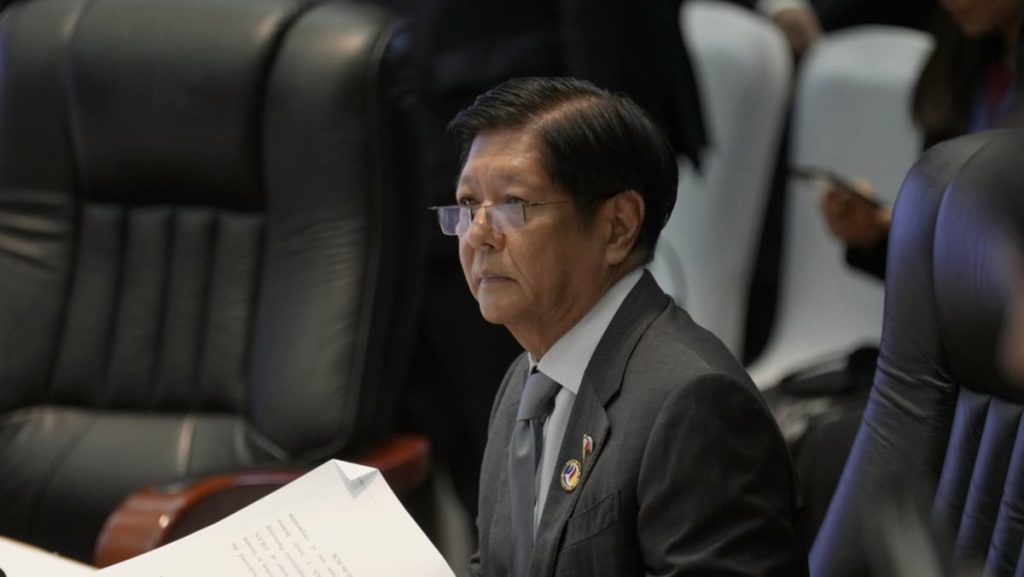ASEAN leaders, along with US Secretary of State Antony Blinken, Indian Prime Minister Narendra Modi, Japan’s Prime Minister Shigeru Ishiba, and Russian Foreign Minister Sergei Lavrov, gathered in Laos for the East Asia Summit plenary meeting. South Korean President Yoon Suk Yeol and Japan’s Ishiba were also set to hold their first summit in Laos to strengthen security and economic ties between the two countries. Yoon has been working to improve relations with Tokyo and increase trilateral security cooperation involving Washington.
During the meetings in Vientiane, South Korea and ASEAN announced the establishment of a comprehensive strategic partnership aimed at enhancing defence industry cooperation and strengthening ASEAN’s cybersecurity capabilities. Negotiations were also finalized on an upgrade to the ASEAN-China free trade area, covering aspects such as customs, supply chain connectivity, competition, consumer protection, and non-tariff barriers. The discussions also addressed the crisis in Myanmar, which began with a military coup in 2021 and has escalated into a civil war.
The conflict in Myanmar has posed challenges for ASEAN, with differing opinions among its members testing the bloc’s unity and credibility. ASEAN leaders called for an end to violence and attacks on civilians, supporting efforts to find a peaceful solution through cooperation with Myanmar’s neighbouring states and the United Nations. Western countries have taken a tougher stance, imposing sanctions on Myanmar’s military junta and accusing them of committing atrocities, which the junta has denied as misinformation. ASEAN’s formal peace process, known as the “Five-Point Consensus”, has not yielded significant results, prompting discussions on new strategies to address the crisis more effectively.
The East Asia Summit discussions in Laos highlighted the importance of supply chain resilience and connectivity in the region. Agreements were reached on enhancing ASEAN-China trade relations through improvements in customs, supply chain connectivity, and competition policies. Leaders also emphasized the need to address non-tariff barriers and strengthen consumer protection measures. The meetings underscored the significance of collaboration and cooperation among ASEAN member states and their partners to promote economic growth and resilience in the face of global challenges.
Overall, the gatherings in Laos reflected the ongoing efforts by ASEAN and its partners to strengthen ties, address regional challenges, and promote peace and stability in the Asia-Pacific region. The discussions on security cooperation, economic partnerships, and crisis management underscored the importance of multilateral approaches to address complex issues such as the crisis in Myanmar. Leaders reiterated their commitment to fostering collaboration and dialogue to achieve shared goals and enhance the resilience of the region against emerging threats and geopolitical tensions.


